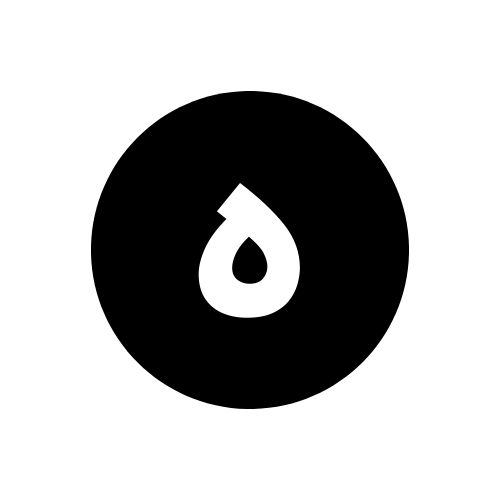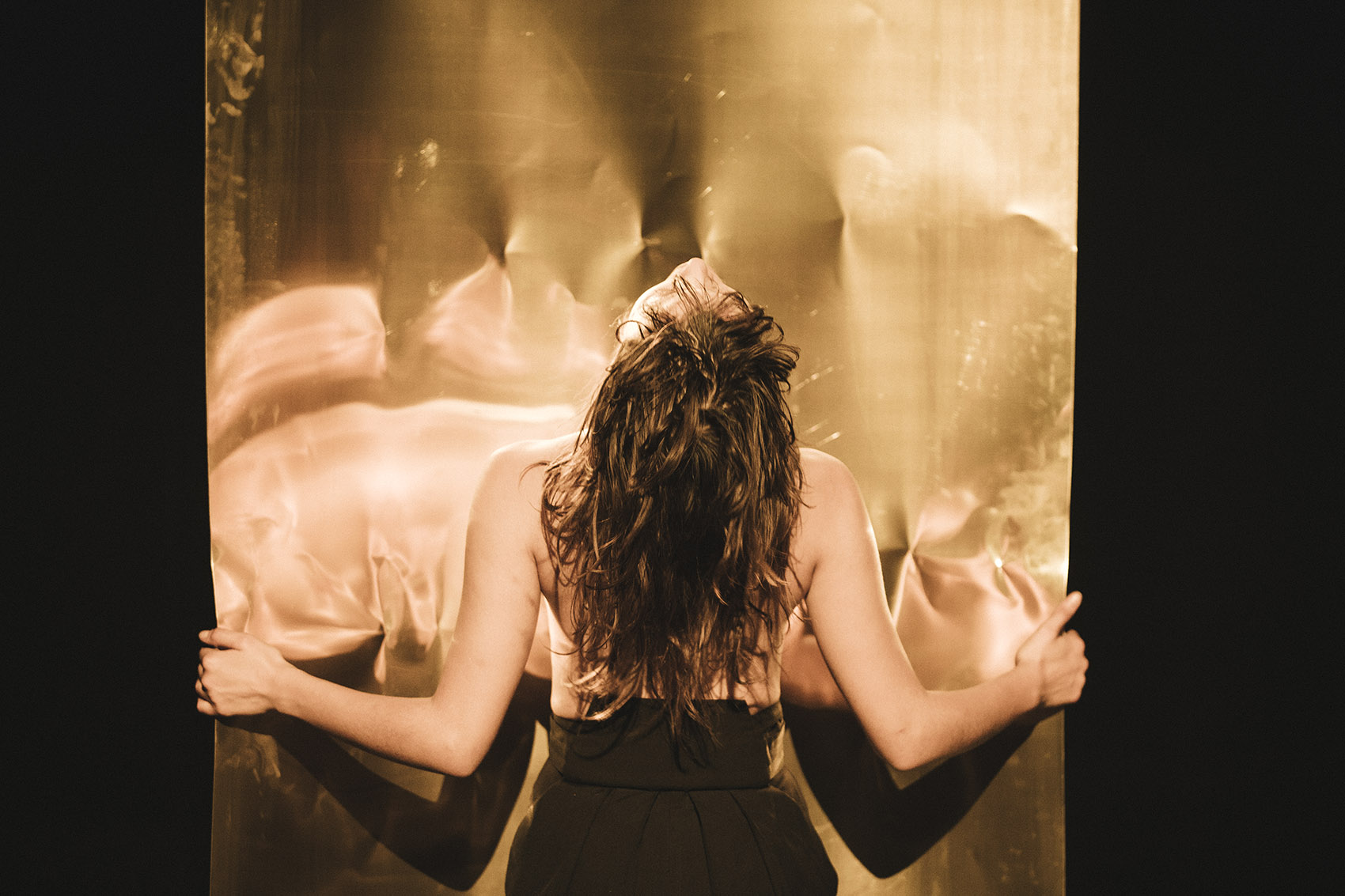
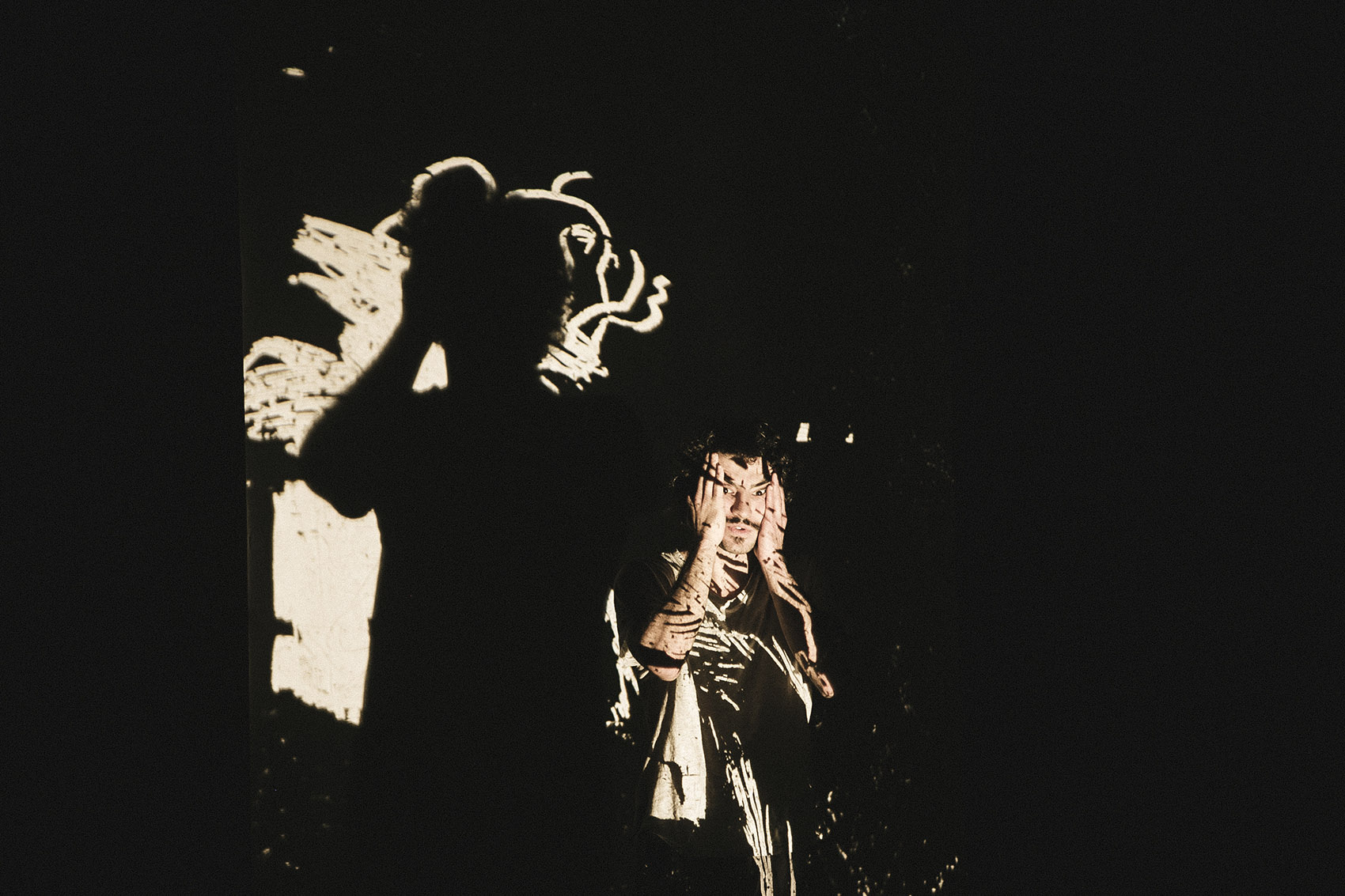
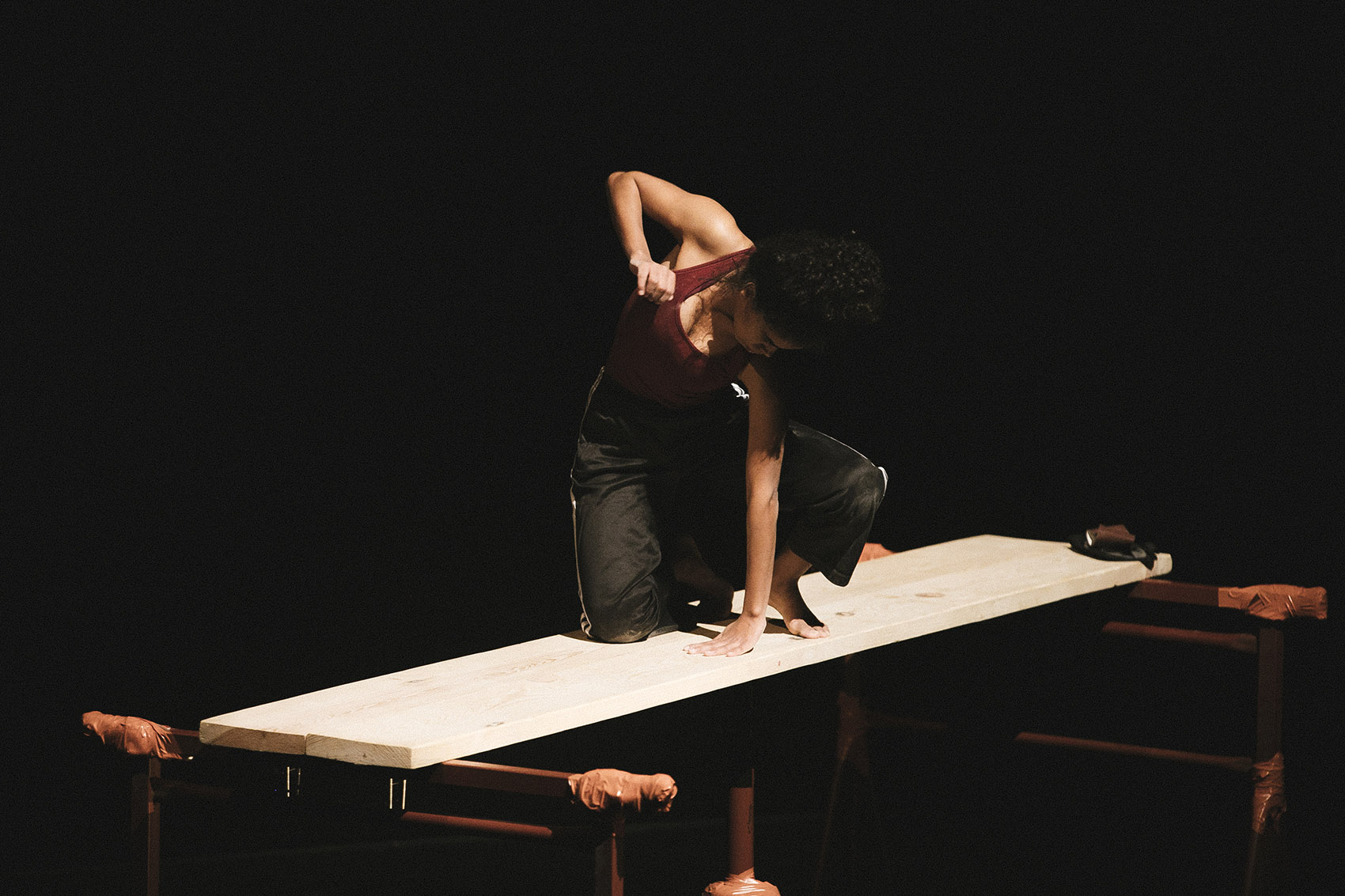
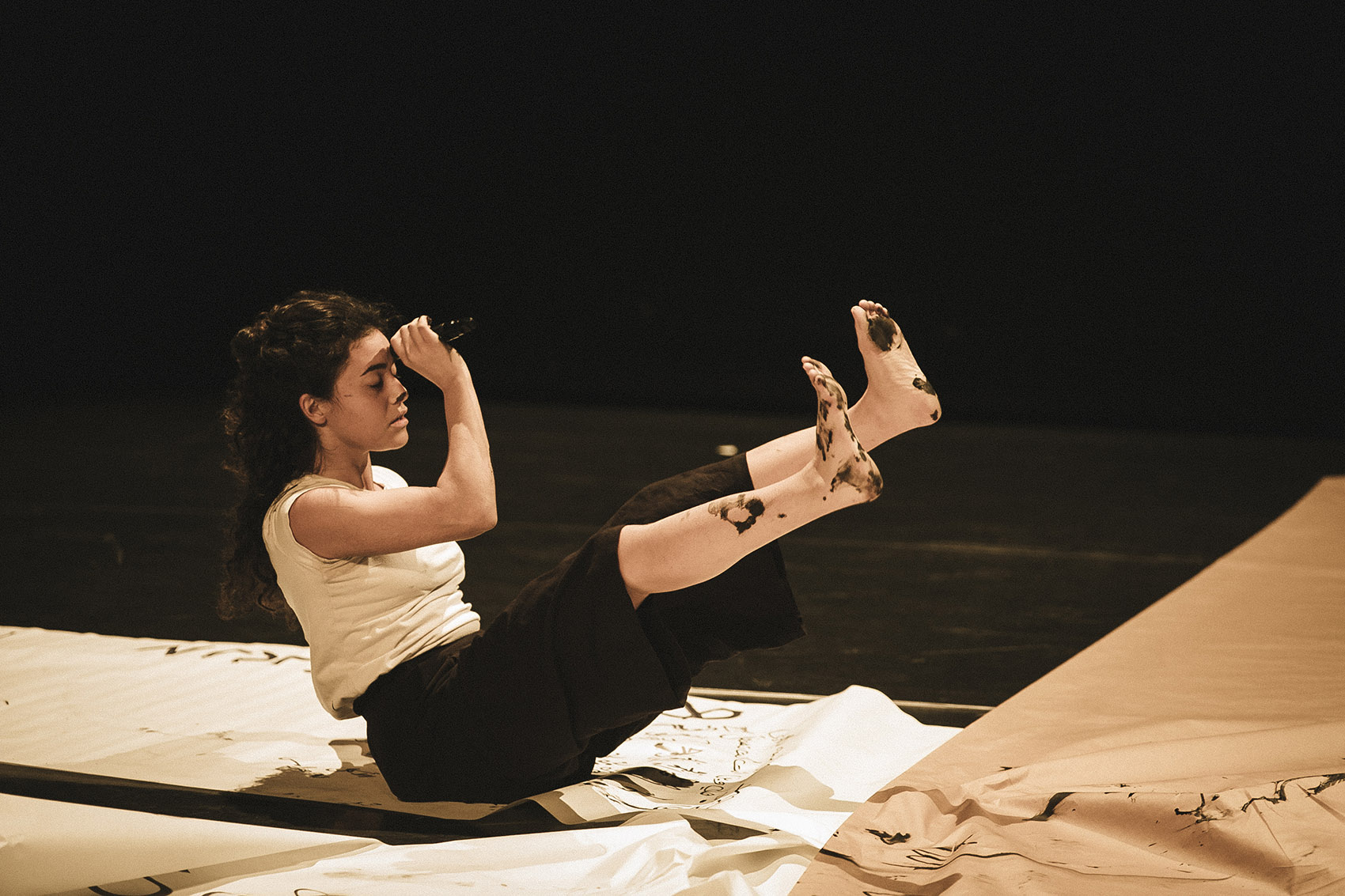
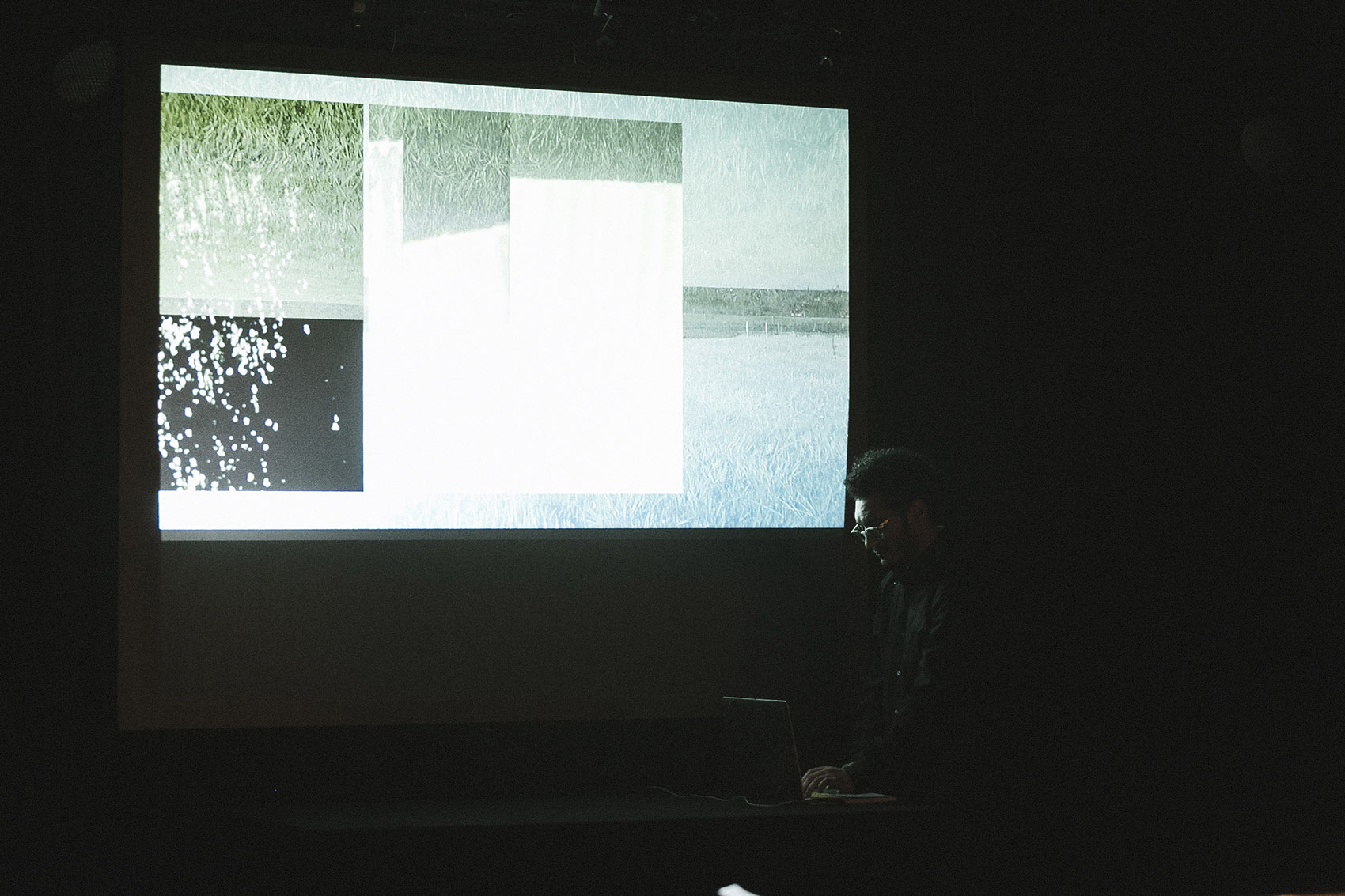
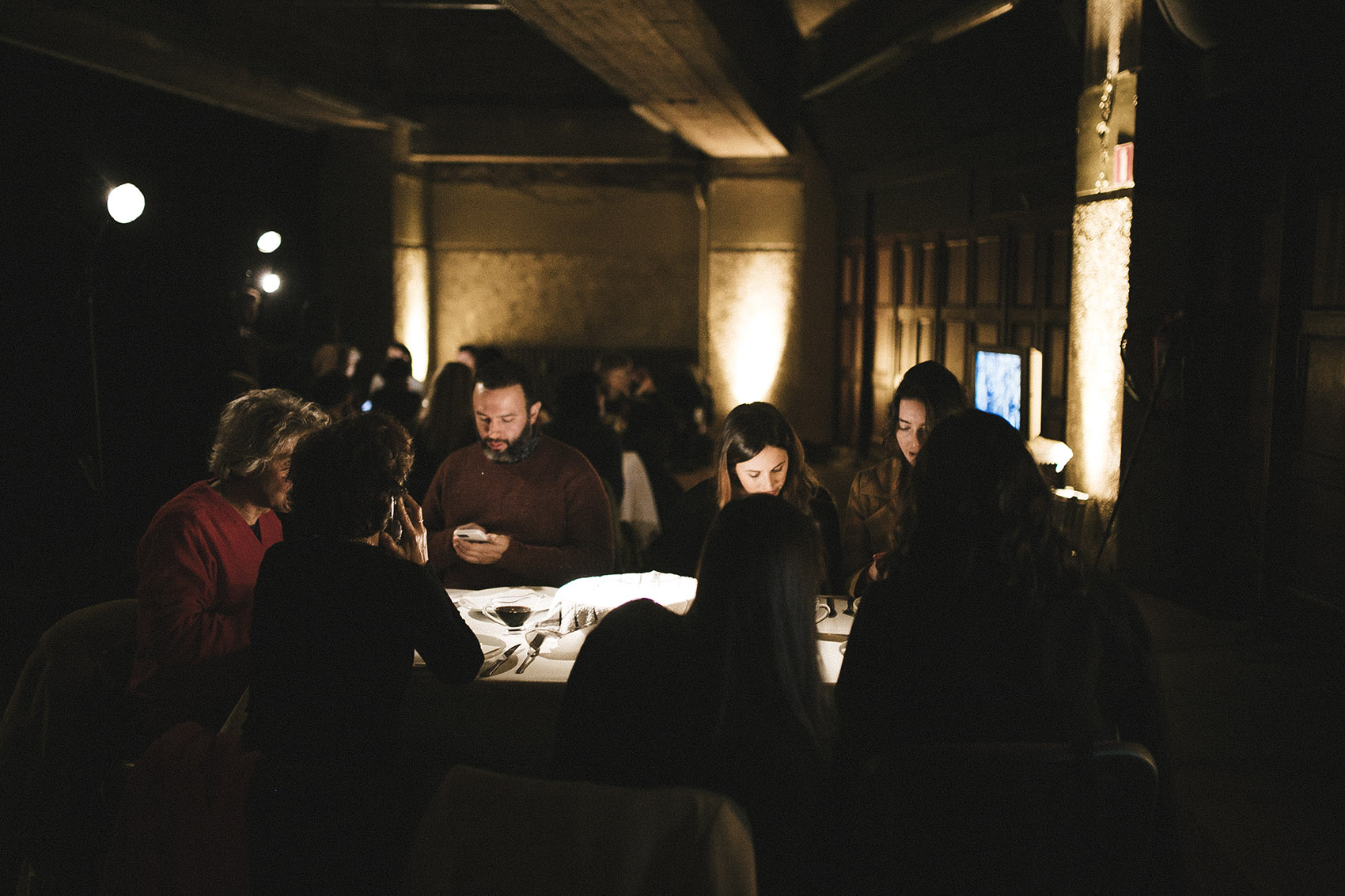
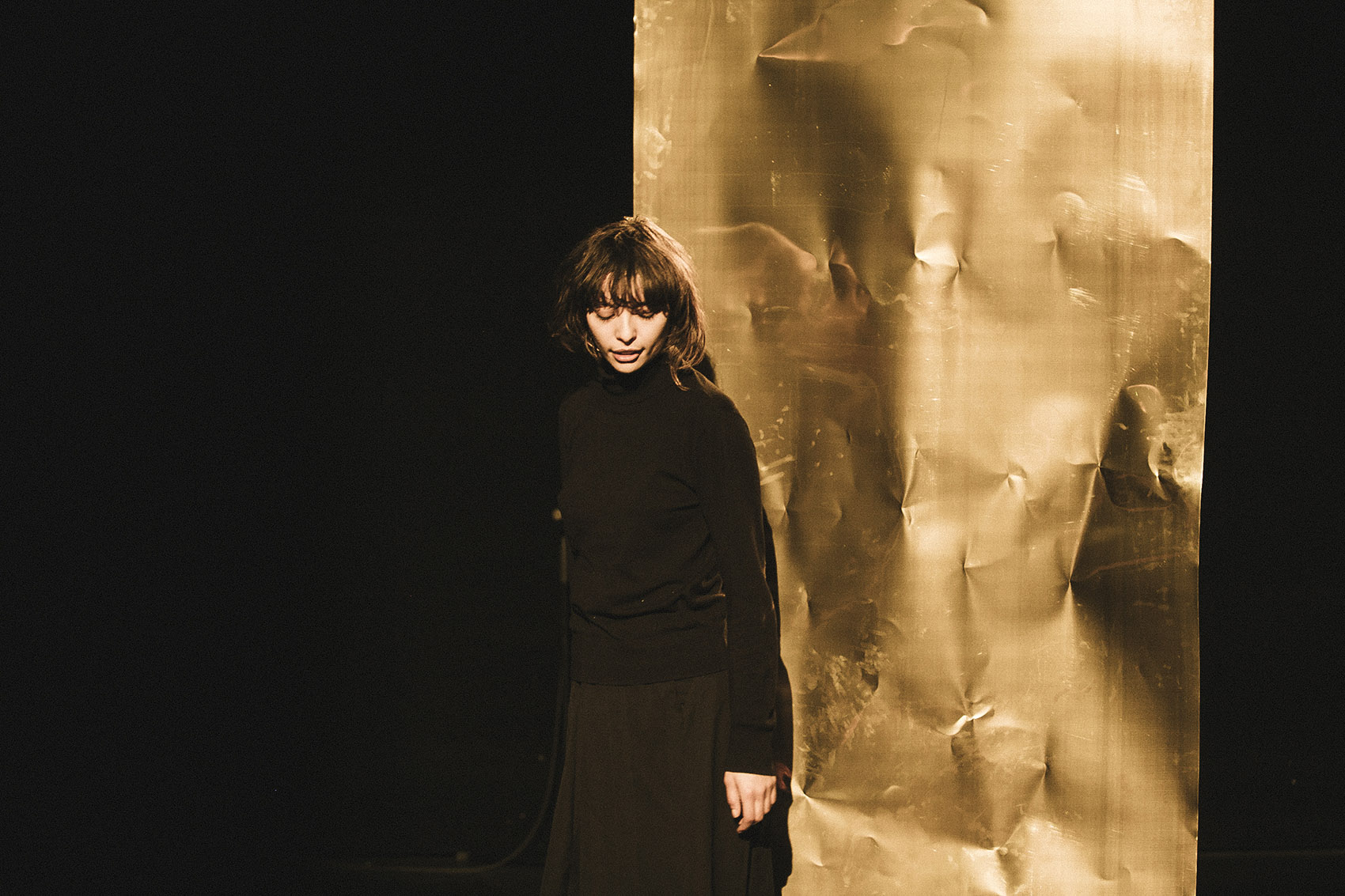
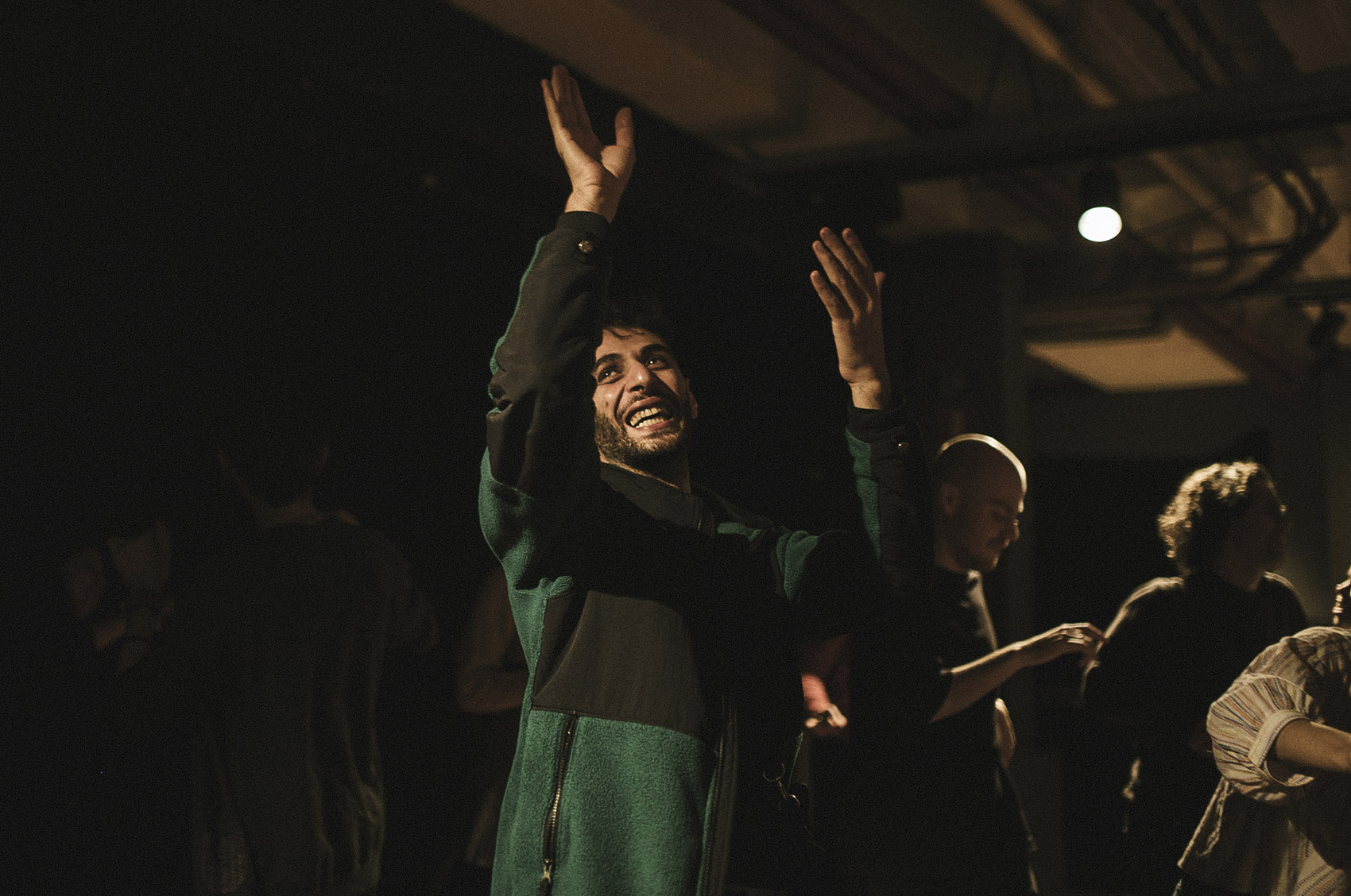
Halaqat
Halaqat Residency: Bridging Cultures through Art
As a mentor for the Halaqat residency project, I had the privilege of representing Studio 8 alongside Curator Nedjma Hadj Benchelabi other esteemed mentors. This residency, which culminated in a presentation of the artists’ work in Brussels, was a profound experience that underscored the importance of bringing the creations of Arab artists back to the Arab world. It was this realization that inspired a special curation of Halaqat residents’ works for IDEA Festival 2023, ensuring that their voices resonate within their own cultural context.
Halaqat: Exploring Cultural Links between Europe and the Arab Region
Halaqat, meaning “circles” or “links” in Arabic, is a project that builds bridges between Europe and the Arab world. In a time of rapid change and evolving social, economic, and political realities, Halaqat seeks to reinforce the historical and contemporary connections between these regions. The project, presented by the Goethe-Institut and Bozar, is a testament to the power of cultural exchange and dialogue.
A Journey of Artistic Collaboration
Halaqat is more than just a residency; it is a comprehensive program that includes residencies, public debates, roundtables, and presentations of artistic works. The project brings together emerging and established artists from Europe and the Arab world, offering them a platform to showcase their research and creations. This interaction not only allows for the discovery of their work by a broader audience but also fosters potential future collaborations.
The residency program is a core component of Halaqat, bringing together artists with diverse backgrounds in visual arts, performing arts, music, and cinema. For six weeks, these artists collaborate in Brussels, engaging in a process of artistic creation that culminates in public presentations of their work. These presentations include film screenings, concerts, performances, art installations, and more, allowing the public to engage with the artists’ innovative creations.
Fostering Reflection and Cultural Relations
Beyond creation and presentation, Halaqat is also a space for reflection on cultural relations. Experts and cultural operators from both regions meet regularly to discuss and develop closer artistic cooperation. This reflection is particularly focused on themes such as the “Politics of Space and Bodies,” exploring the complex interplay between public and private spaces, physical and digital experiences, and the role of the body in contemporary art.
Special Curation at IDEA Festival 2023
Following the premiere of these works in Brussels, I felt a strong need to bring some of the results of the Halaqat project back to the Arab world. During IDEA Festival 2023, I curated a special selection of Halaqat residents’ work, offering a platform for these Arab artists to share their creations within their own cultural milieu. This curation not only highlighted the rich artistic output of the residency but also emphasized the importance of cultural exchange in fostering a deeper understanding between Europe and the Arab world.
A Model for Future Collaborations
The Halaqat project, supported by a wide array of Arab and European partners, has proven to be an unprecedented undertaking in terms of scope and ambition. It serves as a model for future collaborations, demonstrating how art can bridge cultural divides and create new synergies between regions with distinct yet interconnected histories.
The success of the Halaqat residencies and their integration into the IDEA Festival is a testament to the power of cultural exchange and the vital role that art plays in building connections across borders. As we continue to navigate a rapidly changing world, projects like Halaqat remind us of the enduring importance of collaboration, dialogue, and mutual respect in the arts.
—
Halaqat is a project organised by the Goethe-Institut and Bozar with many Arab and European partners: Cinemaximiliaan, Atelier Graphoui, Sound Image Culture – SIC, iMAL, Cairotronica, San3atech FabLab Egypt, Werkplaats Walter, Amman Jazz Festival, Théâtre Marni, Studio 8, La Bellone and the Ad’Hoc Platform. We could not have dreamed of a better combination for this undertaking, unprecedented in terms of scope and ambition, which was able to draw on the experience and know-how of all partners involved.



